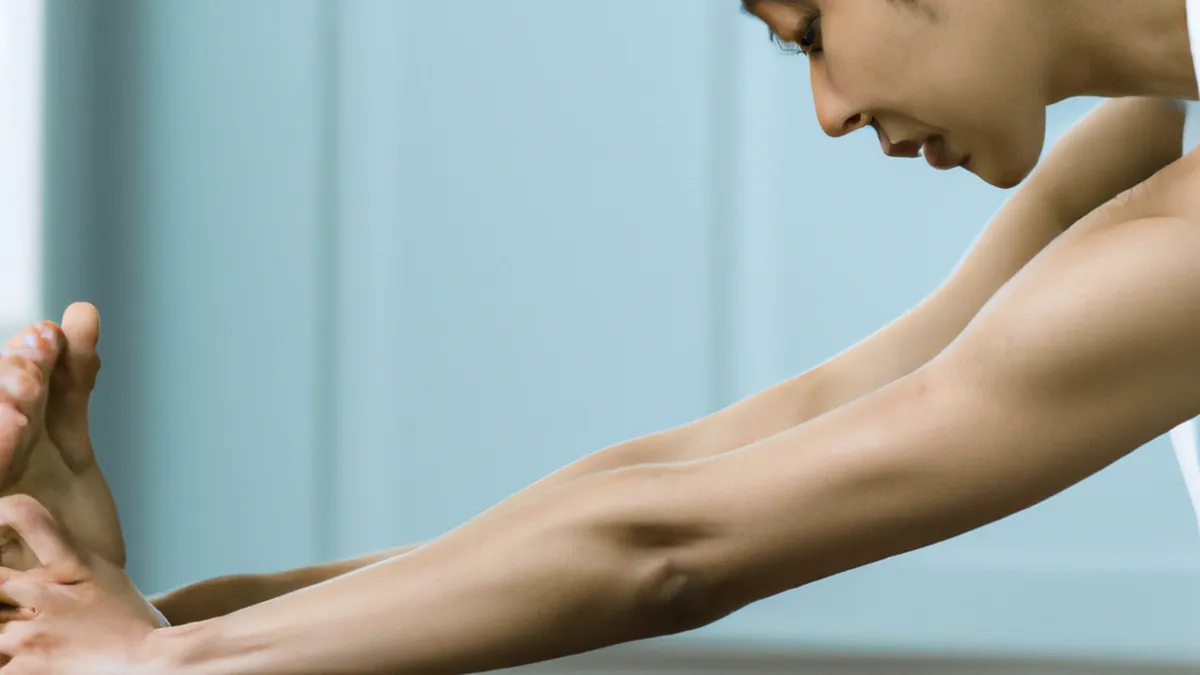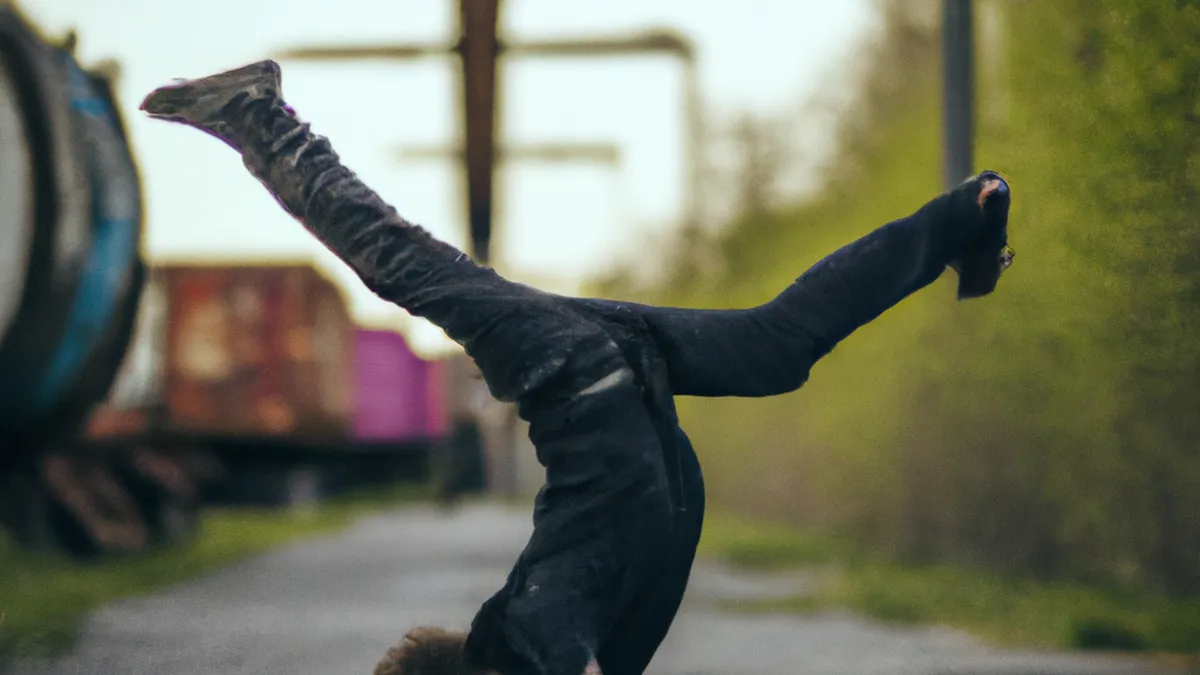Restore Calm: Simple Stretching Practices
Stretching Protocols for Stress Relief and Mobility
As an Amazon Associate I earn from qualifying purchases.
Gear tip: consider standing desk balance board, desk cycle and insulated water bottle to support this workout.
Today’s fast-paced world causes stress for many. Work, family, and social obligations often overwhelm us. Stretching offers a powerful solution, promoting relaxation and enhancing mobility. In this blog post, we will explore stretching protocols that relieve stress and improve flexibility for a balanced lifestyle.
Understanding the Connection Between Stretching and Stress Relief
Stretching improves physical flexibility and reduces body tension. Muscles can tighten and fatigue from prolonged sitting or repetitive movements. Stretching increases blood flow, releases built-up tension, and promotes relaxation. It can also lower cortisol levels, the hormone linked to stress.
Stretching encourages mindful breathing and calms the mind. Deep, rhythmic breathing activates the parasympathetic nervous system, which counters the stress response. This activation allows you to feel more at ease physically and mentally. Both your body and mind benefit from stretching, making it a valuable stress management tool.
Effective Stretching Techniques for Stress Relief
1. Dynamic Stretching
Dynamic stretching moves body parts through a full range of motion, ideal for warming up before exercise. Start with gentle movements like arm circles, leg swings, or torso twists. These movements increase blood flow and prepare your body for activity, reducing injury risk.
Incorporate dynamic stretches into your morning routine. For example, spend five to ten minutes on dynamic stretches as you wake up. This practice prepares your body for the day and sets a positive tone, making you feel invigorated and ready for responsibilities.
2. Static Stretching
Static stretching promotes relaxation and can occur anytime. Hold a stretch for 15 to 60 seconds, allowing muscles to lengthen and release tension. Focus on major muscle groups, including hamstrings, quadriceps, shoulders, and back.
To start, try this simple static stretch: sit on the floor with your legs extended and gently reach for your toes. Hold this position, breathe deeply, and focus on the sensation in your hamstrings and lower back. You’ll likely notice tension melting away, leaving you feeling more relaxed and grounded.
3. Yoga and Stretching Combos
Yoga combines stretching with mindfulness, providing a holistic approach to stress relief.
Conclusion
Incorporating stretching into your routine enhances relaxation, reduces stress, and improves flexibility. Embrace these techniques for a more balanced lifestyle.
Below are related products based on this post:
FAQ
What are the benefits of stretching for stress relief?
Stretching not only improves physical flexibility but also reduces body tension. It increases blood flow, releases built-up tension, and can lower cortisol levels, the hormone linked to stress. Additionally, stretching encourages mindful breathing, which activates the parasympathetic nervous system, promoting relaxation for both the body and mind.
How can I incorporate dynamic stretching into my daily routine?
You can incorporate dynamic stretching into your morning routine by spending five to ten minutes performing gentle movements like arm circles, leg swings, or torso twists. These exercises prepare your body for the day ahead, increase blood flow, and help you feel invigorated and ready to tackle your responsibilities.
What is a simple static stretch I can try to relieve stress?
A simple static stretch to relieve stress is to sit on the floor with your legs extended and gently reach for your toes. Hold this position for 15 to 60 seconds while breathing deeply and focusing on the sensations in your hamstrings and lower back. This practice can help melt away tension and leave you feeling more relaxed and grounded.















Post Comment